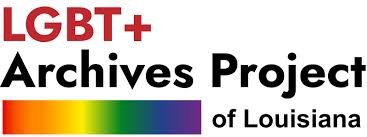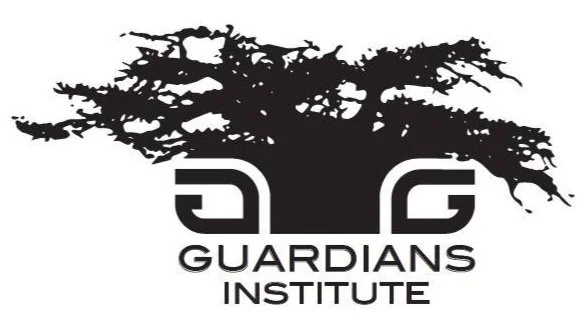
ALLIANCE FOR CULTURAL EQUITY
“Black communities have had cooperation as the center of sustainability forever. True collaboration is possible when each institution understands its unique mission, process and people served. New strategies can be imagined, a connected vision can be expanded upon and new understanding can solidify a foundation for new ways of engaging in our work.”
- Gia M. Hamilton
Executive Director and Chief Curator
New Orleans African American Museum
Ashé Cultural Arts Center, in partnership with New Orleans Data Center, is leading a groundbreaking study to examine the role of small museums and archives dedicated to preserving the histories and cultures of marginalized communities. Conducted alongside Shift Collective, Helicon Collaborative, and Southern University at New Orleans, this research will highlight the impact these organizations have on their communities, their contributions to the local cultural economy, and viable models for long-term financial sustainability.
The study is informed by a cohort of cultural institutions and community-based archives committed to documenting and safeguarding the narratives of historically marginalized groups.
FUNDERS
The Claiborne Avenue History Project
Know NOLA Tours
ALLIANCE FOR CULTURAL EQUITY COHORT MEMBERS
Amistad Research Center
Backstreet Cultural Museum
The Guardians Institute
The McKenna Museums
New Orleans African American Museum
LGBT+ Archives Project
Louisiana Civil Rights Museum
LA Museum of African American History
Midlo Center for New Orleans Studies
TEP Center
United Houma Nation
These institutions serve as vital stewards of history, yet they receive only a fraction of the financial support allocated to the arts and culture sector. Nationally, people of color represent 37% of the U.S. population, yet only 4% of all foundation arts and culture funding is directed toward organizations whose primary mission is to serve these communities. Even as public and private funders acknowledge these disparities, inequities persist—and in many cases, are worsening.
This research will not only document these challenges but also identify policy-driven solutions and sustainable funding models. From community-driven financial strategies to policy-based approaches like Sustainable Tourism, our goal is to provide actionable insights that can ensure the survival and growth of these critical institutions.
By advocating for equitable cultural preservation policies and fostering a deeper understanding of these institutions' economic and social impact, this study seeks to create a roadmap for long-term sustainability—one that recognizes and uplifts the diverse cultural heritage that defines New Orleans and beyond.
NolaChinese
Ashé Cultural Arts Center
Plessy & Ferguson Initiative
PARTNERS
Tekrema Center for Art and Culture
Treme’s Petit Jazz Museum


























